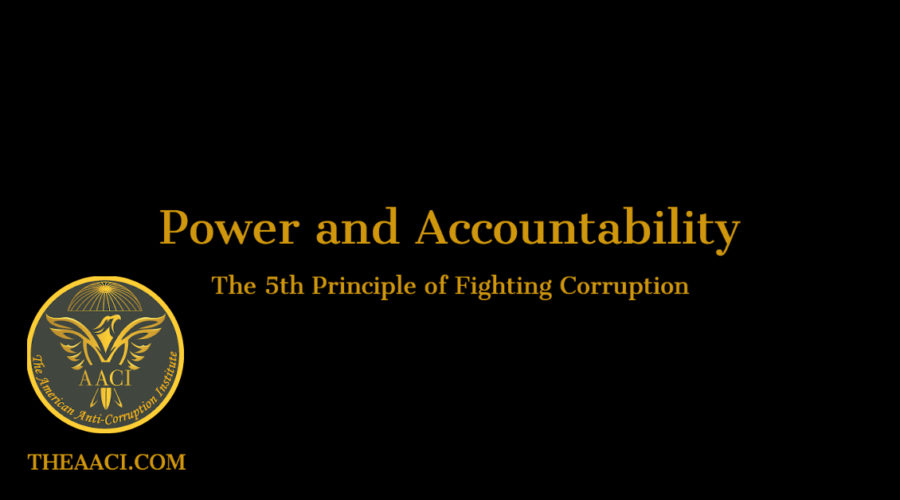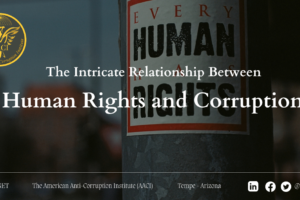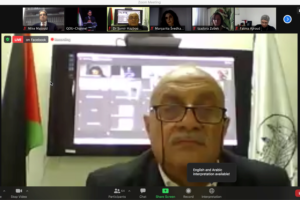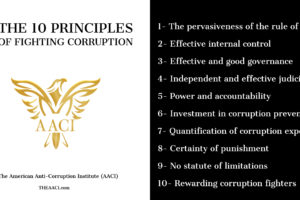Mike J. Masoud [note]Mike Masoud, CPA, CACM, CFE, MBA is the Sr. Director of The American Anti-Corruption Institute (AACI) in the Middle East and Africa. You may reach him at Mike@THEAACI.com [/note]
July 17, 2020
A mismatch between power and accountability [note]This is not the official text of the 5th principle of fighting corruption. The official version is available in the CACM Review Textbook 2020 Ed. [/note] is a primary driver of corruption. It undermines the integrity of the governance system. It also erodes public trust in the country’s institutions and provides a prone environment for radicalization. It only deepens the roots of corruption.
But, what kind of power we talk about and who grants such power? Before I proceed in-depth, I discuss “Power and Accountability” as the 5th principle of fighting corruption issued by The American Anti-Corruption Institute (AACI).
Power
It is all kinds of power irrespective of its origin. For example, It could be a spiritual, religious, political, social, economic, technological, or legal. The public official has the power of his public office. The spiritual leader gains his power from both his religion and what the law allows him to do. The constitution, the consolidated will of the people, provides the capability to govern. In a democracy, there are three branches of governance: legislative, executive, and judiciary. Each of these branches has its power.
Power is a result of a contractual agreement between those who exercise power and the other contracting party. Ultimately, it is a principal-agent relationship. In the civil state, people are the source of power who shall always have civil ways to protect, maintain, and restore it.
Power must be defined clearly. It is called power if and only if it is accountable. Otherwise, it is called corruption.
Accountability
Without exception, each citizen, who uses power, shall be accountable to his actions based on using such a power. For example, when a public official uses his public office for personal enrichment and is not being sued, he is corrupt. Accountability is the set of expectations or consequences of using entrusted power—each citizen must justify the sources of his wealth.
In developing countries, it is not uncommon to find a mismatch of power and accountability. In most cases, those who are charged with governance are not accountable for their public office. As a result, the corruption mechanisms in these countries match such a style of power and accountability. I call it a masked corruption. It is the most severe corruption types worldwide.
Matching Power with Accountability
There is not a cut and optimal dry solution. It depends, among many other factors, on management, legal, cultural, and social variables. At all times, the design of accountability should be known, public, legal, and within the applicable rules, laws, and regulations.
Public officials should not fear to make decisions; they must fear gross negligence when they make decisions. Though power corrupts, it must always be accountable to deter and prevent corruption.











































